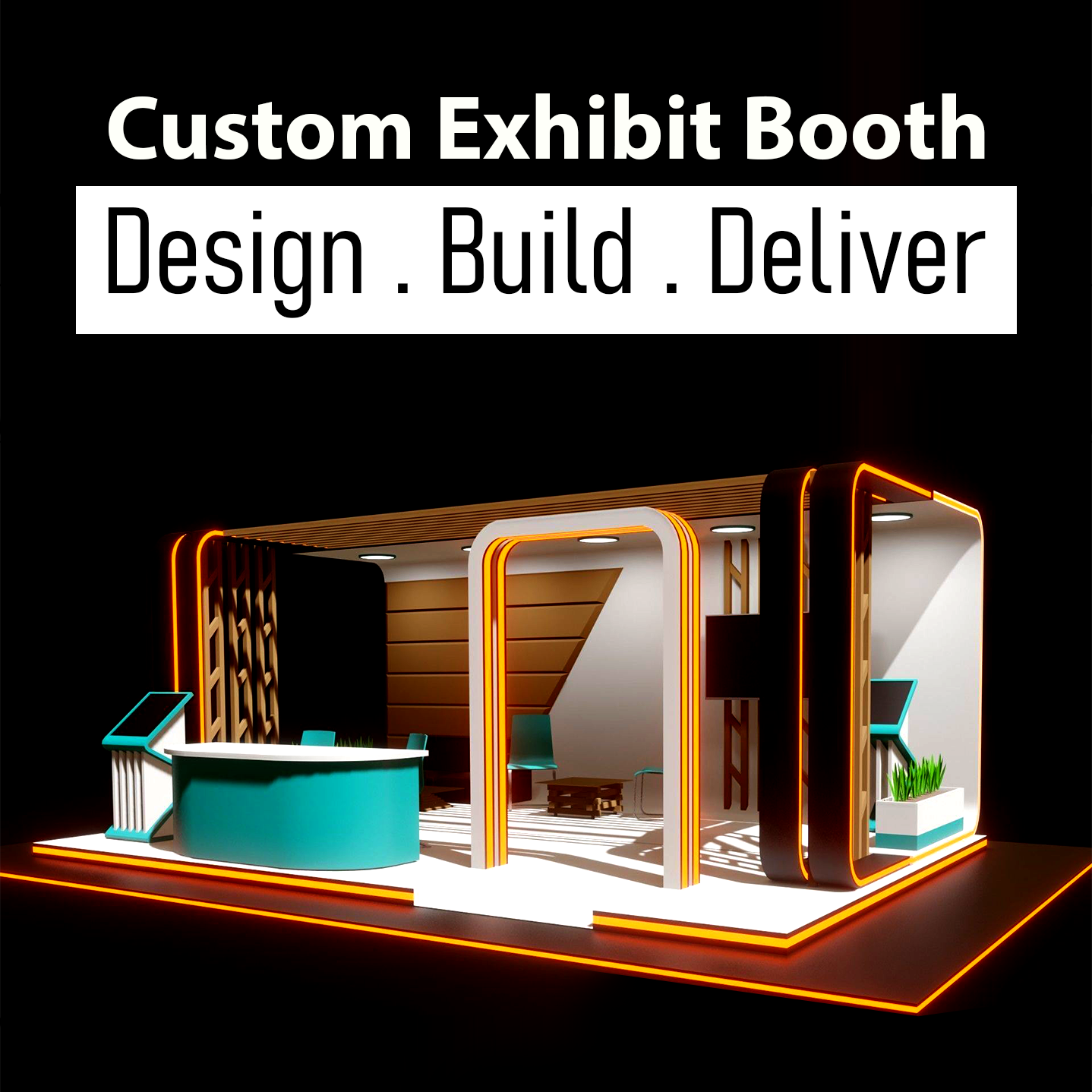Mastering Event Marketing
Mastering Event Marketing: Strategies for Trade Shows, Webinars, Workshops, Sponsorships, and Promotion
Introduction
Event marketing is a dynamic and engaging strategy used to promote a brand, product, service, or cause through real or virtual events. This approach provides an interactive platform for businesses to deepen relationships with clients and partners, enhance their industry standing, and directly engage with potential customers. This guide explores the various facets of event marketing, including trade shows, webinars, workshops and seminars, sponsorships, and event promotion, offering valuable insights into maximizing the effectiveness of each.
1. Event Marketing Overview
Event marketing encompasses a range of activities that involve interacting with audiences directly in both physical and virtual environments. It can significantly impact lead generation, customer retention, brand awareness, and sales.
Benefits:
- Direct Engagement: Provides direct interaction with attendees, offering immediate feedback and personal connections.
- Brand Visibility: Increases visibility and enhances brand perception through active participation and presence.
- Lead Generation: Generates high-quality leads more effectively than many other marketing forms.
Best Practices:
- Audience Understanding: Tailor events to the specific interests and needs of your target audience.
- Comprehensive Planning: Plan meticulously to ensure every aspect of the event aligns with your marketing goals.
- Follow-up Strategy: Implement a robust follow-up strategy to nurture leads and measure event success.
2. Trade Shows
Trade shows are large events where companies in a specific industry showcase and demonstrate their new products and services. These are typically not open to the public and can provide a valuable platform for networking and sales.
Benefits:
- Industry Networking: Connect with peers, industry leaders, and potential clients.
- Competitive Insights: Gain insights into industry trends and competitor offerings.
- High-Intent Audience: Engage with attendees who are typically decision-makers or influencers in their organizations.
Best Practices:
- Standout Booth Design: Design an eye-catching booth that reflects your brand and draws attendees.
- Live Demonstrations: Provide live demos or interactive experiences to engage visitors.
- Pre-Event Outreach: Reach out to attendees and set up meetings ahead of the trade show to maximize your time.
3. Webinars
Webinars are online seminars that allow you to reach and engage with a global audience. They are cost-effective and can be an excellent tool for lead generation and customer engagement.
Benefits:
- Broad Reach: Connect with a global audience without geographical constraints.
- Cost-Effective: Reduce costs associated with venue hire, logistics, and travel.
- Content Longevity: Record webinars for on-demand viewing, extending the life of your content.
Best Practices:
- Interactive Elements: Use polls, Q&A sessions, and interactive tools to engage viewers.
- High-Quality Content: Ensure content is well-researched, informative, and delivers value.
- Technical Reliability: Use reliable technology and conduct tests to avoid technical issues during the webinar.
4. Workshops and Seminars
Workshops and seminars are interactive events focused on educating attendees about specific topics. These events are great for establishing your brand as a thought leader in your industry.
Benefits:
- Educational Opportunity: Provide valuable knowledge that can help attendees solve problems or improve their skills.
- Engagement and Interaction: Facilitate direct interaction with attendees, fostering a deeper connection.
- Brand Positioning: Position your brand as an expert in your field.
Best Practices:
- Expert Speakers: Involve industry experts or thought leaders to add credibility.
- Hands-On Activities: Include practical activities that apply the concepts discussed.
- Feedback Collection: Gather feedback to improve future workshops and understand attendee needs.
5. Sponsorships
Sponsorships involve supporting an event, activity, or organization financially or through products or services. This can be a powerful way to build brand recognition and show your commitment to the industry or community.
Benefits:
- Enhanced Brand Image: Improve brand perception by associating with well-regarded events or causes.
- Targeted Marketing: Reach specific demographic groups aligned with the sponsored entity.
- Media Exposure: Benefit from media coverage of the event, extending your brand’s reach.
Best Practices:
- Alignment with Brand Values: Choose events or organizations that align with your brand values and appeal to your target audience.
- Leverage Exclusive Rights: Utilize exclusive sponsorship rights to stand out from competitors.
- Activate Sponsorship: Actively participate in the event and engage with attendees to maximize visibility.
6. Event Promotion
Effectively promoting your event is crucial to ensuring high attendance and engagement. Effective promotion involves a strategic mix of marketing channels and tactics.
Benefits:
- Increased Attendance: Effective promotion drives awareness and increases attendee numbers.
- Engagement Before the Event: Builds anticipation and engagement with potential attendees before the event.
- Broader Impact: Expands the reach of the event beyond just the attendees through social media sharing and press coverage.
Best Practices:
- Multi-Channel Strategy: Use a combination of social media, email marketing, content marketing, and traditional advertising to promote your event.
- Early Bird Offers: Encourage early registrations with discounts or special offers.
- Engaging Content: Create engaging content that highlights the value of attending the event, such as speaker interviews, sneak peeks, and testimonials.
Event marketing offers a unique blend of direct customer engagement and brand promotion opportunities. By effectively leveraging trade shows, webinars, workshops, sponsorships, and strategic event promotion, businesses can enhance their market presence, strengthen relationships with current and potential customers, and achieve substantial marketing success. With careful planning, execution, and follow-up, each event can significantly contribute to your overall marketing objectives, driving growth and enhancing brand value.



